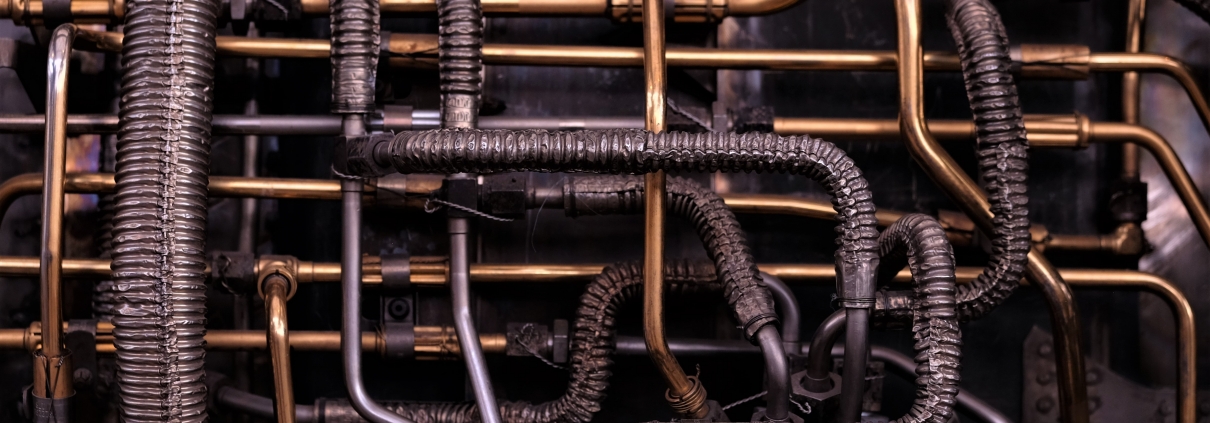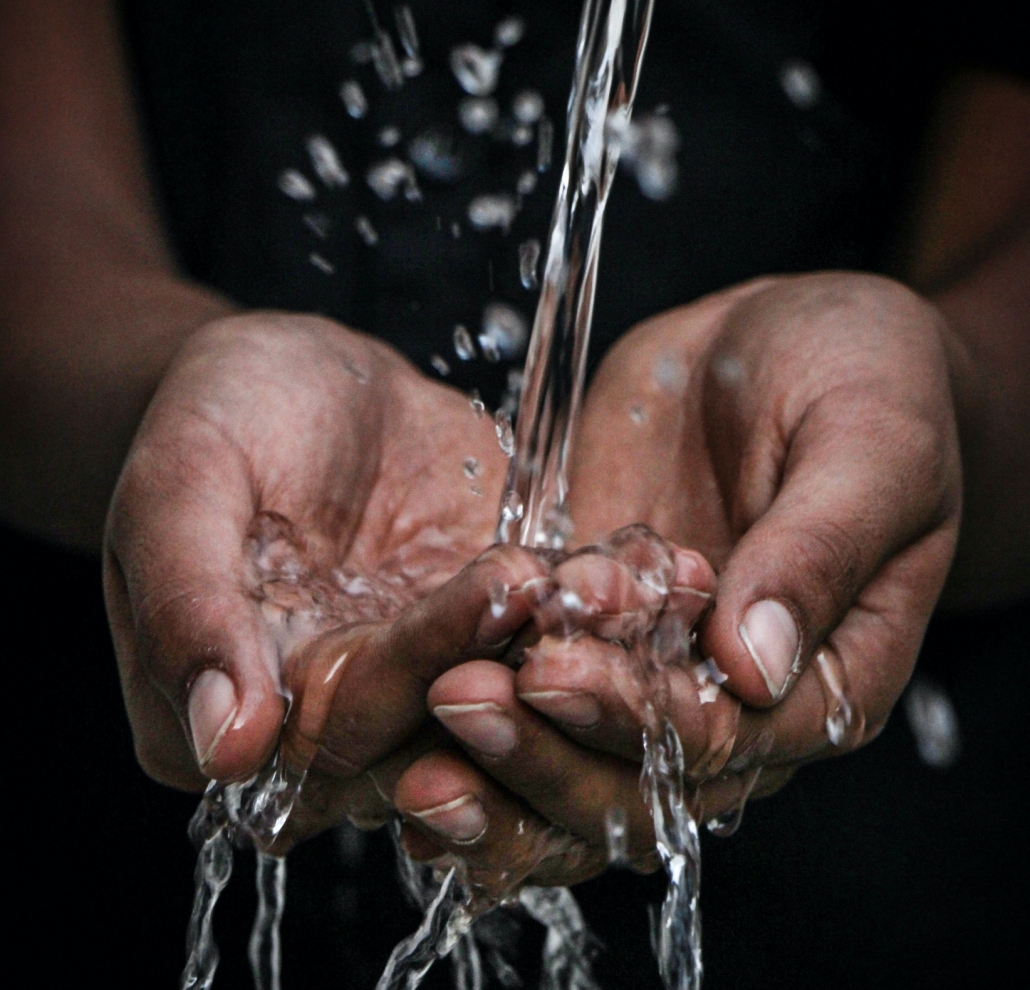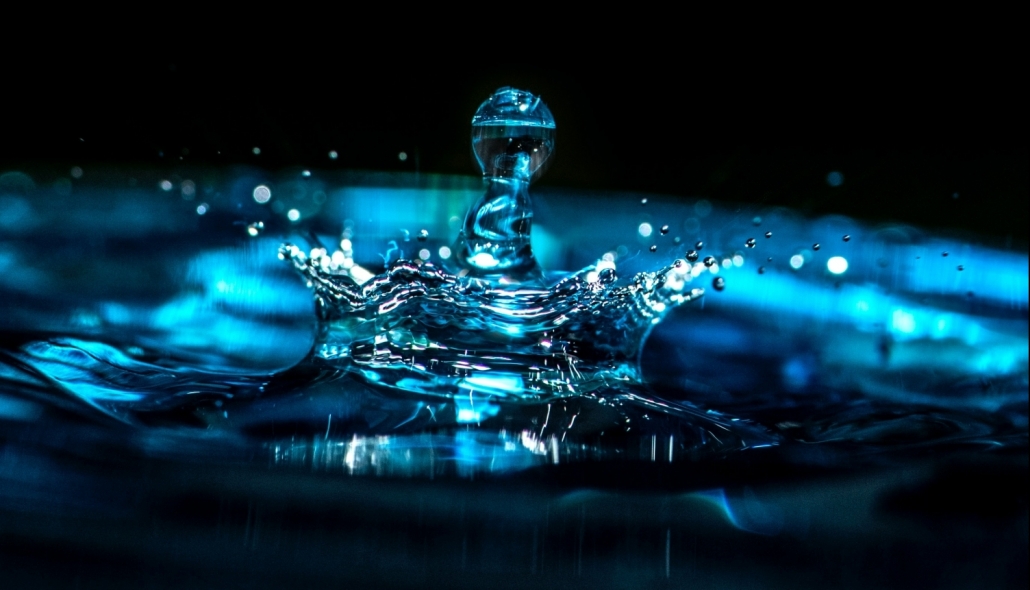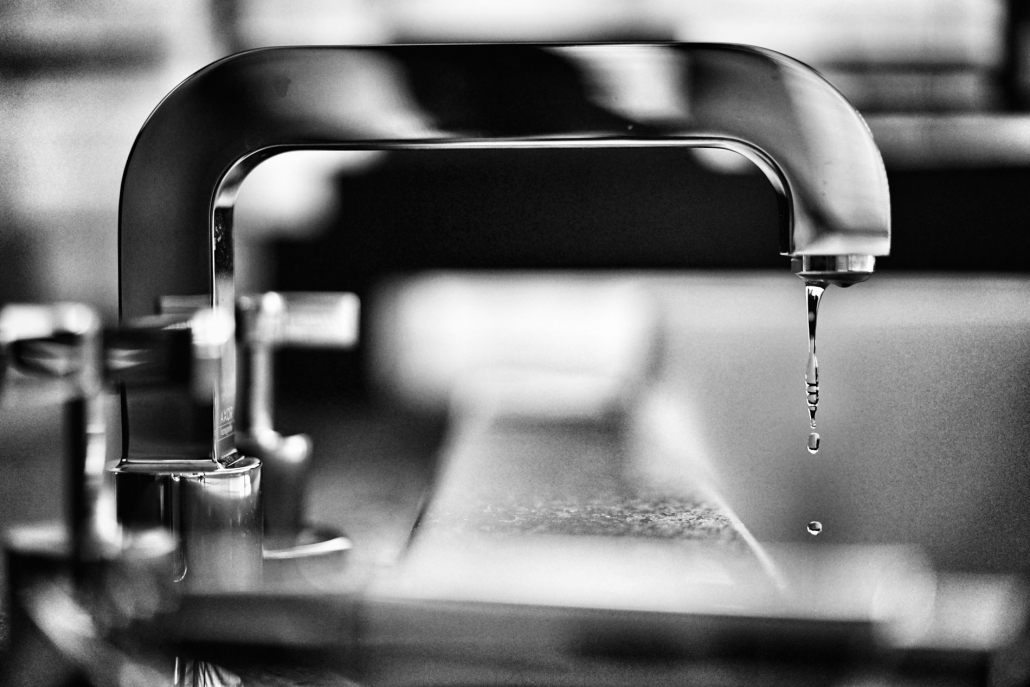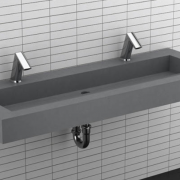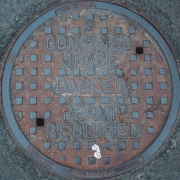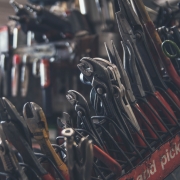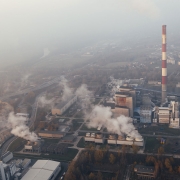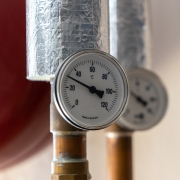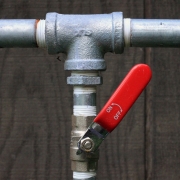What Happens to Your Piping When Using Non-Treated Tap or Well Water
We typically don’t think twice about the water running through our pipes. That is until it’s flooding our kitchen or we drink it. Many of us replace old pipes, clean / unclog them, and do general plumbing maintenance to our pipes. All of this is quite important. But, you should also be conscious of what flows through your pipes. Understanding the difference between treated and untreated water and the effects untreated water can have on your pipes is vital in maintaining pipe longevity. So, let’s dive in.
Plumbing Insights: the Difference Between Treated and Untreated Tap/Well Water
Understanding what each treated water has filtered out can help to clarify why it’s so much better. Listed below are the contaminants in untreated tap and well water.
- Untreated well water may have these contaminants in it:
- Microorganisms
- Nitrate
- Heavy metals
- Organic chemicals
- Radionuclides
- Fluoride
- Untreated tap water may have these contaminants it:
Effects of Untreated Water on Your Plumbing
First of all, untreated water contains many minerals. These minerals create deposits which can clog your pipes. This solidified scale of minerals (or limescale) accumulates in pipes, water heaters, washing machines, and dishwashers. This, in turn, can result in big expenses or repairs. Also, clogs can obviously lead to issues throughout the plumbing system. They can affect water pressure, cause appliances to fail, and more. What a headache!
Secondly, untreated water can also cause build up along the pipe walls and connectors. This leads to loose connectors in piping (so increases the chance of a break in piping and water flooding your house). In addition to leaks, it can also create condensation in undesired places.
Finally, untreated water can cause cosmetic issues. It leaves hard-to-clean residue on shower heads, faucets, etc due to mineral build up on the exterior appliances. No one wants that!
How to Treat Your Water
To prevent your pipes from untreated water damage, there are two options:
- Install a water softener.
- Install a reverse osmosis water treatment system.
So, what is a water softener? Great question. It’s a tank situated between your water source and the internal plumbing that services your home. Obviously, this tank helps to filter out the harmful contaminants that may be in your water. Similarly, reverse osmosis strips contaminants from your water through a semipermeable membrane. Talk to an expert to see which is the best option for your home.
Save Money, Treat Your Water
In the long run, to save yourself from cleaning up a flooded room, save your pockets from repair costs, and to save your future self the headache… treat your water! In addition to treatment, continue to do regular maintenance work to keep pipes clean and water flowing steadily. Furthermore, if you have questions, need guidance, or have the unfortunate situation of untreated water damaging your pipes, we are here to help. Contact our professionals today!

